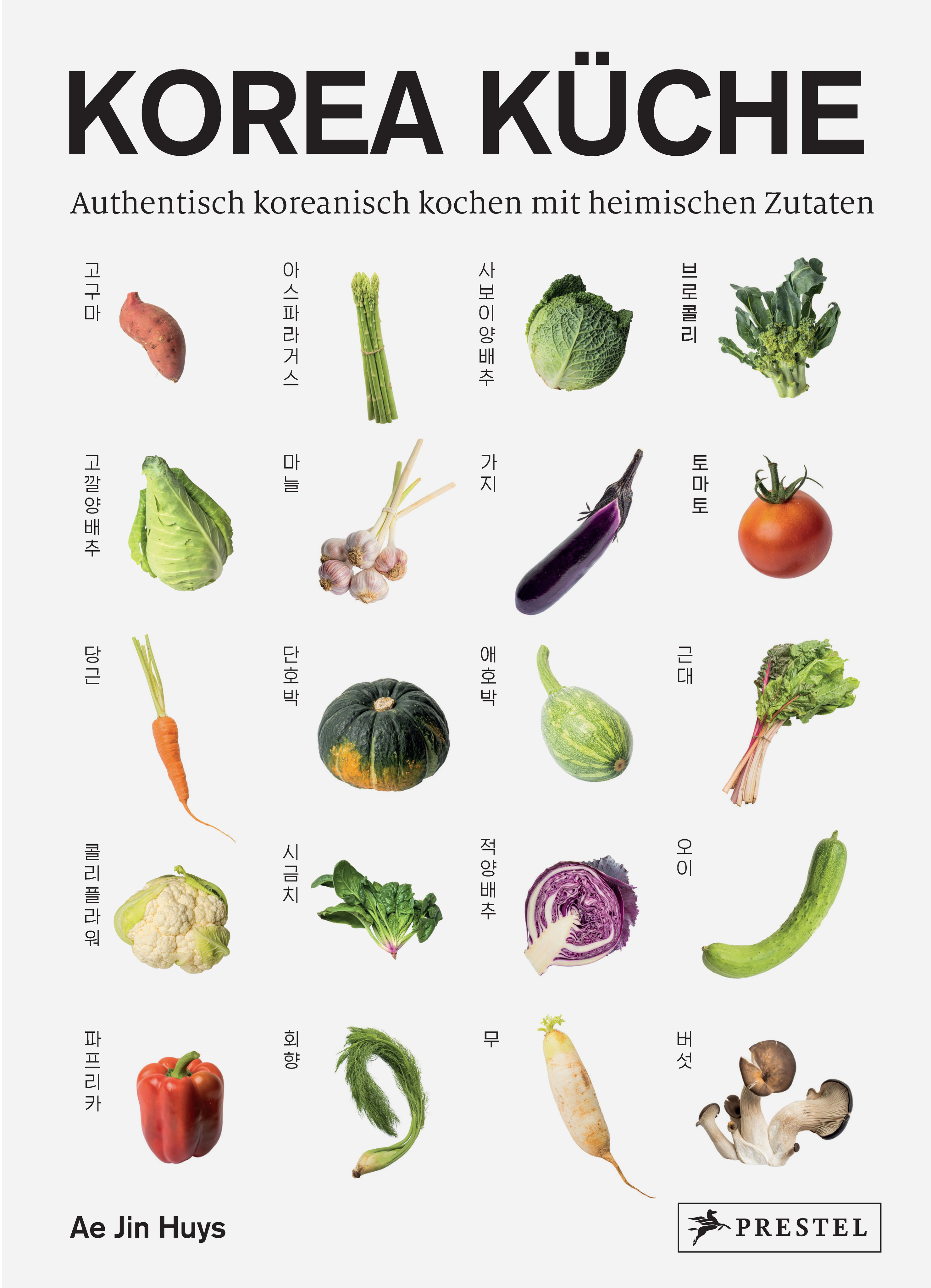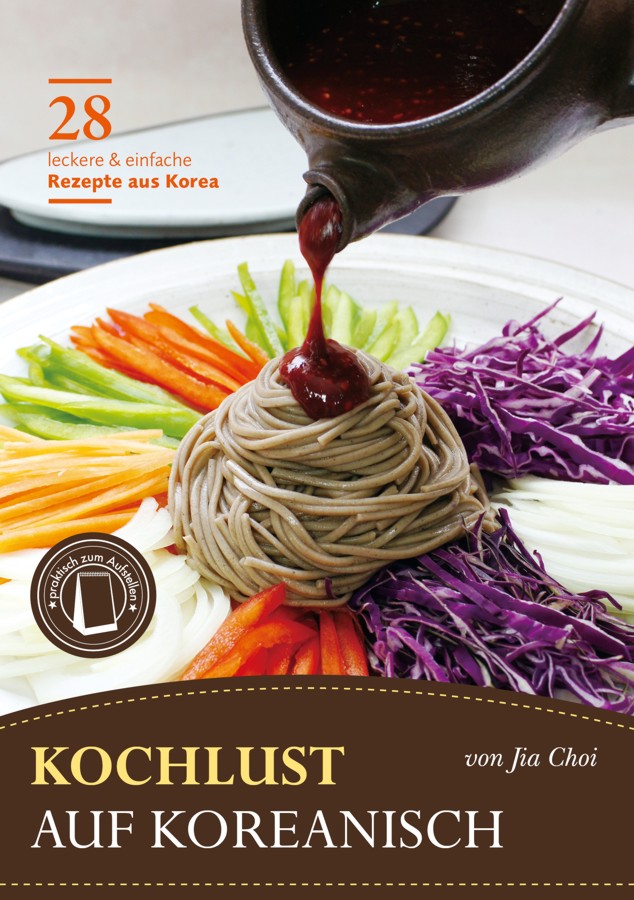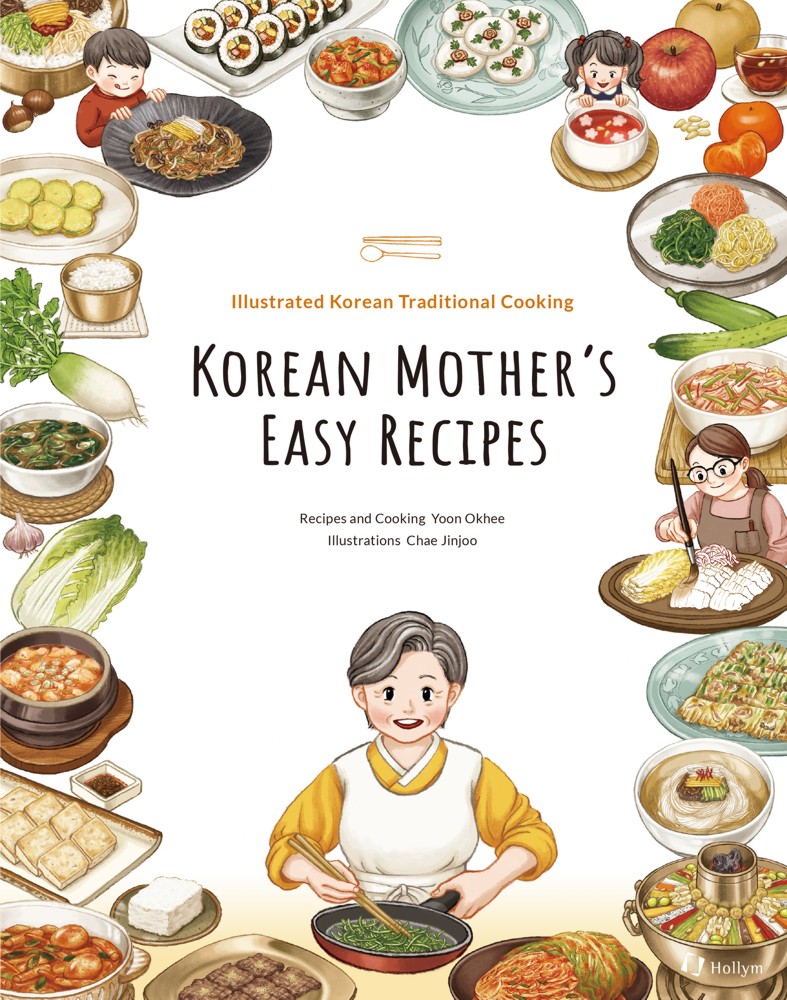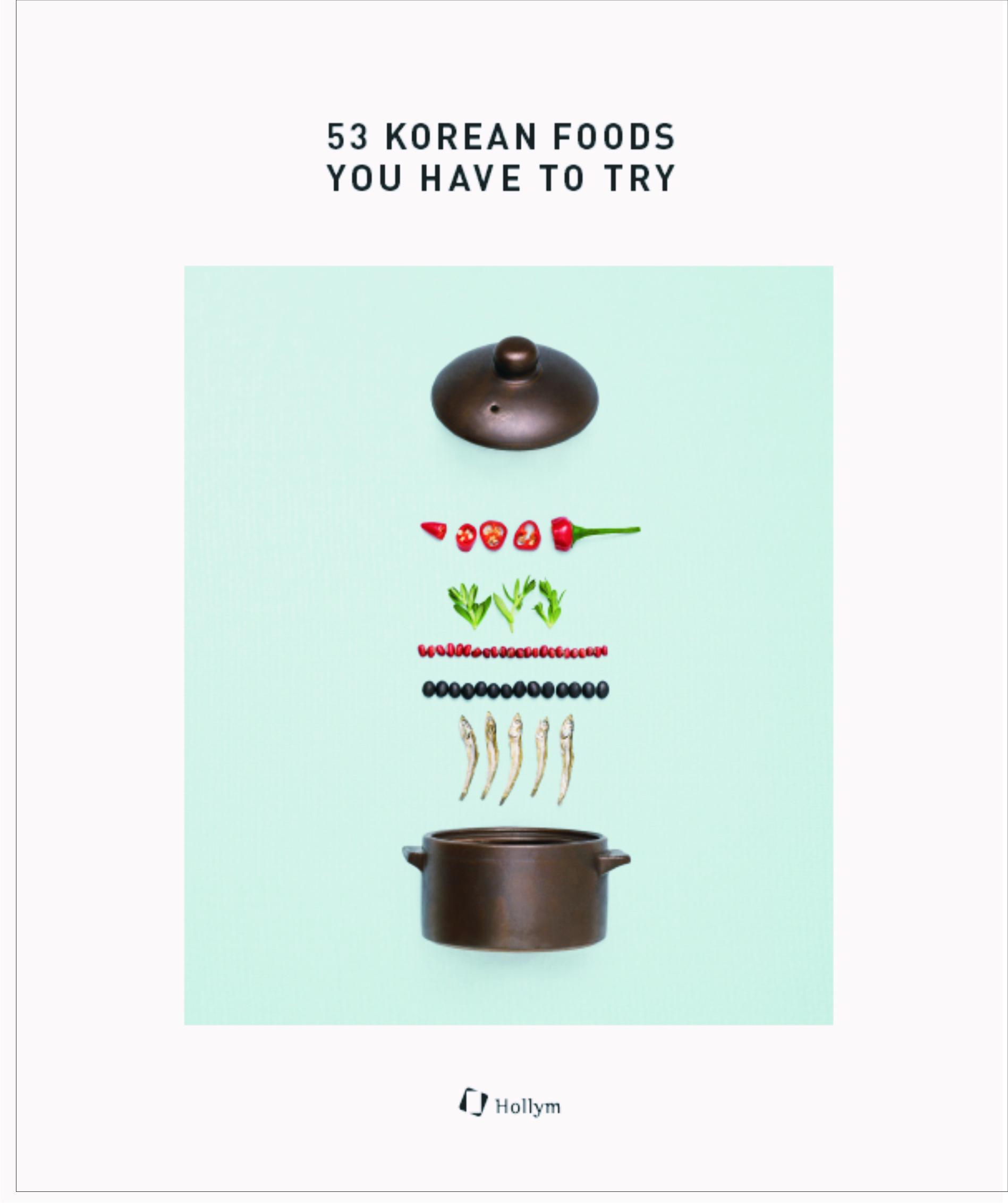Ae Jin Huys
Korea Küche authentisch koreanisch kochen mit heimischen Zutaten
€30.00*
-
Art.num./ISBN: 9783791380308
-
Publisher: Prestel
-
number of pages: 0
-
Year: 2024
-
Language: deutsch
-
Media type: Buch
-
Author: Ae Jin Huys
In stock. Ready to ship within 1-3 working days
Product information "Korea Küche "
Das Beste aus zwei Welten:
Mit heimischen Zutaten kochen auf typisch koreanische Art
Was macht koreanisches Essen so ganz besonders lecker? Das Geheimnis nennt sich »Jang«: Würzsaucen, die seit Jahrtausenden zur koreanischen Küche gehören, Speisen vielfältige Aromen verleihen und zudem besonders gesund sind.
Und was passiert, wenn man dieses koreanische Geschmackswunder mit bei uns heimischen Zutaten kombiniert? Das zeigt Ae Jin Huys in diesem Kochbuch mit 70 einfachen und überzeugenden Rezepten, die heimisches Gemüse wie Kartoffel, Karotte, Kohl & Co., aber auch Eier, Tofu, Fisch und Fleisch verwenden und auf typisch koreanische Art zubereiten. Alle Zutaten sind hierzulande problemlos erhältlich und verwandeln sich dank kreativer Ideen und erprobter Zubereitungstipps im Handumdrehen in gesunde und köstliche Gerichte mit authentisch koreanischem Geschmack.
Login






